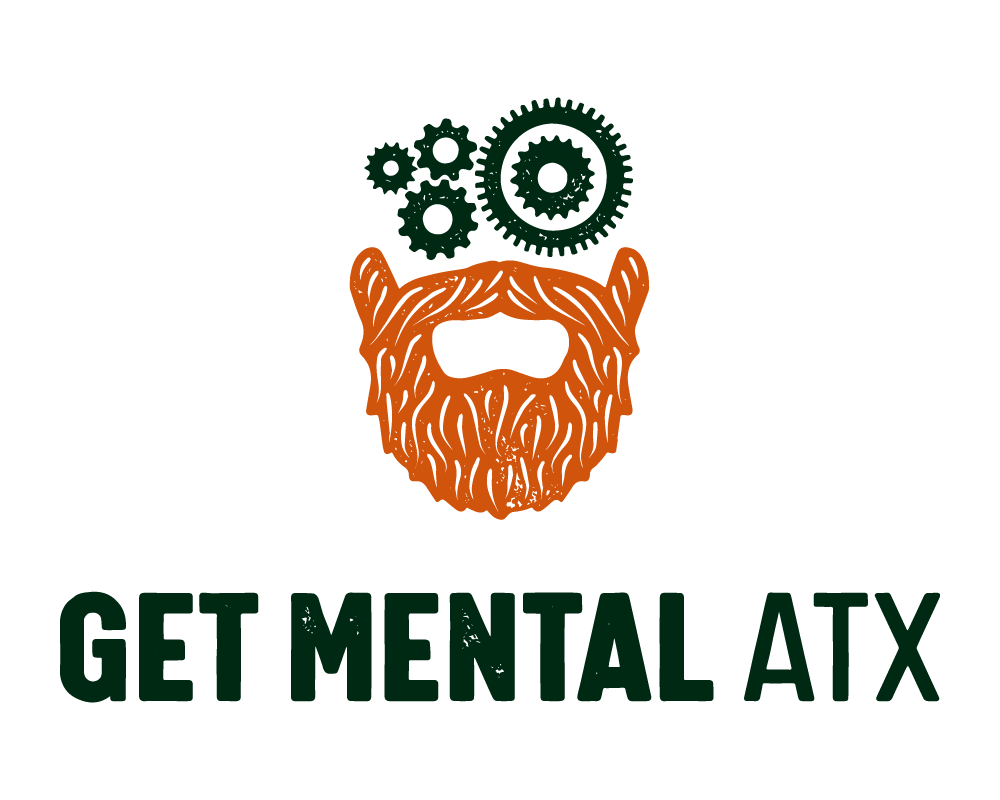5 Tips for Living with Anxiety: part D
Get active!
It’s been a bit since the last blog. There was a break in school and new years and, if you’re like me, a bit too much food and napping. It’s fortunate then that this next point about ways to live with anxiety includes something that may just help me feel not so bad about that second (or third or fourth) piece of cake at the tail end of 2018.
So, at this point you can hopefully remember we have talked about some of the ways our bodies react in stressful situations, some ways to identify your personal stress triggers, and you may have even tried a coping mechanism or two in your quest to live with anxiety. This blog looks at a significant tool in your arsenal to combat anxiety: exercise. Now I can almost hear you saying, “but Aaron, exercise is dumb” or “that won’t help my mind” or “I’m not an athlete, how will this apply to me?” If you’ll stick with me I hope you’ll see a simple trick to help you get a jump start on the process of reducing feelings of stress and anxiety in your life.
Can exercise cure depression or anxiety?
Cure is a really strong word, and it kind of depends on what you mean by cure. Like, does a pain reliever “cure” a headache? It does help lessen the pain, it may even help you have less frequent headaches, but headaches still happen. So on the one hand it may seem like the pain relievers do “cure” headaches by making them go away, but in another fashion they don’t “cure” anything because the symptoms are not gone permanently. Exercise can function in a similar fashion to a pain reliever for a headache. The practice of exercise can certainly help alleviate symptoms of depression or anxiety, but just getting physical doesn’t somehow prevent you from ever feeling anxious or depressed ever again.
Working out and exercising, whatever that looks like for you, can help, but it’s just a part of the overall picture of dealing with your feelings of anxiety or depression.
How does exercise help anxiety and depression?
So, you decide you want to try exercising because it may help. Well how does it do that exactly? There are a few way that exercise can help with these issues. For one, the fact that you have a goal and begin accomplishing that goal can help you feel better about your situation. If you are doing something, then you’re not doing nothing. You are then actively engaged in getting better. And it doesn’t matter how big the steps, if they are in the right direction you will get there eventually. So just starting and being on the journey can help in and of itself. Secondly, there are researched physiological benefits to exercise in which the research suggests that exercising helps release the happy feel-good chemicals in your brain and also help stave off the accumulation of the unpleasant not-so-feel-good chemicals. If nothing else, your heart rate increases and pumps more oxygenated blood to your brain giving your noggin the best fuel available and that certainly helps improve mood and ability to cope, right?
Which exercise is best for mental health?
The one that you do - SURPRISE! But seriously, the exercise you actually DO is better than a hundred workouts you just THINK about doing. That being said, there are some important factors to consider when exercising and ways in which some exercised might be better for different people for aiding in mental health. First of all, consult your physician before beginning any exercise routine - you need to make sure you are physically healthy enough to engage in whatever exercise you decide to do. So, you’ve checked with your doctor and your good to go? Good, let’s get started.
While you may decide to become a “gym-rat” and pump iron every single day until you can win a bodybuilding competition, the best kinds of exercise for mental health seems to be steady-state low impact cardio - otherwise known as just plain old walking. That’s right, taking a nice 20-30 minute walk 3 or 4 times a week can dramatically increase one’s sense of overall well-being and decrease the occurrence of feelings of anxiety and depression.
Like I’ve said before, there is no magic trick to simply make feelings of anxiety and depression disappear - whatever option you take to deal with these feelings can help, but it will likely take consistent effort in a positive direction. It’s just like eating. You don’t have a great meal once and then never have to eat again, you body constantly needs continual input of nutrients to function well, and so does your mind. You do the things that help and it becomes easier and easier to do those healthy and helpful things, that’s the idea here. Find something that works for your physical health level and try to incorporate that into your routine. By themselves none of these tricks will have the same benefit that you will get if you apply all of them. And once you start doing that I imagine you will start to notice just how different life feels.
Research bits
So below are the sources I used for this blog.
Callaghan P.. Exercise: a neglected intervention in mental health care? J Psychiatr Ment Health Nurs. 2004;11:476–483. [PubMed]
Guszkowska M.. Effects of exercise on anxiety, depression and mood [in Polish] Psychiatr Pol. 2004;38:611–620. [PubMed]


